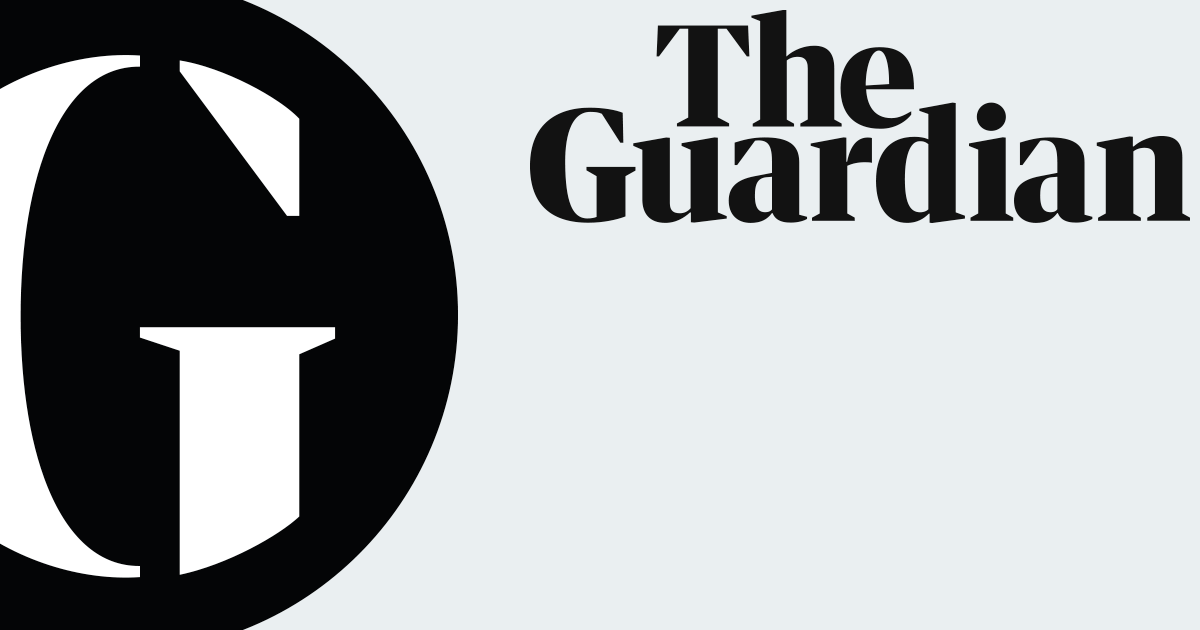- May 28, 2018
- 14,336
- 6,405
- 69
- Country
- United States
- Gender
- Male
- Faith
- Reformed
- Marital Status
- Widowed
Elsewhere you described the deterministic position, with the strawman that determinists claim there is no choice. They do not claim that, as far as I know. You, apparently, think that what determinists DO claim logically (or otherwise) reduces to 'no choice'. But they do not claim that. Some few may, but by far and large, I don't think they do claim that.It points to the relative lack of substance to the deterministic position.
So what are you even talking about? Would you say that there is any abstract subject of discussion that doesn't lack substance? What do you mean by 'substance' here? Only that it is (or is not) a useful subject (societally/behaviorally)?
What has that to do with determinism?Not about human behavior. We are not entirely rational.
Not at all, but we've already discussed this. We always do what we prefer, even if we prefer it for only that moment of decision.That's silly. It suggests you've never chosen not to do something you wanted to do.
What else would you think --that they just pop into existence on their own? But for what it is worth, the interplay of eons of causes and effects-become-causes-of-further-effects, the myriad causes producing each individual effect, would necessarily produce unique outcomes.Because it's a "cause of the gaps" argument if you don't. Why should I believe these causes exist for every unique and distinct outcome?
That's pretty imprecise. Each effect becoming cause does not mean that cause and effect are the same thing. They are not. I am an offspring of my parents, and I produce offspring. Being an offspring is not the same thing as producing offspring, even if the one person, I, am and do both.You're getting too wrapped up in a meaningless distinction between cause and effect despite admitting they're basically the same thing.
'Logic' is not a word that can only mean one thing. Many people's logic is not logical. I would hope --uselessly, perhaps-- that my logic is logical. But I see nothing to gain by rejecting a simply logical notion --i.e. determinism. --It doesn't (since you insist on dealing with its application to behavior) claim there is no choice, nor does it even deny personal responsibility for one's choices. We still all choose according to our preferences. And if you disagree with that, ok; we still choose as we do and determinists hold us responsible for our choices.I don't know who else's logic you would hope to use.
Upvote
0



